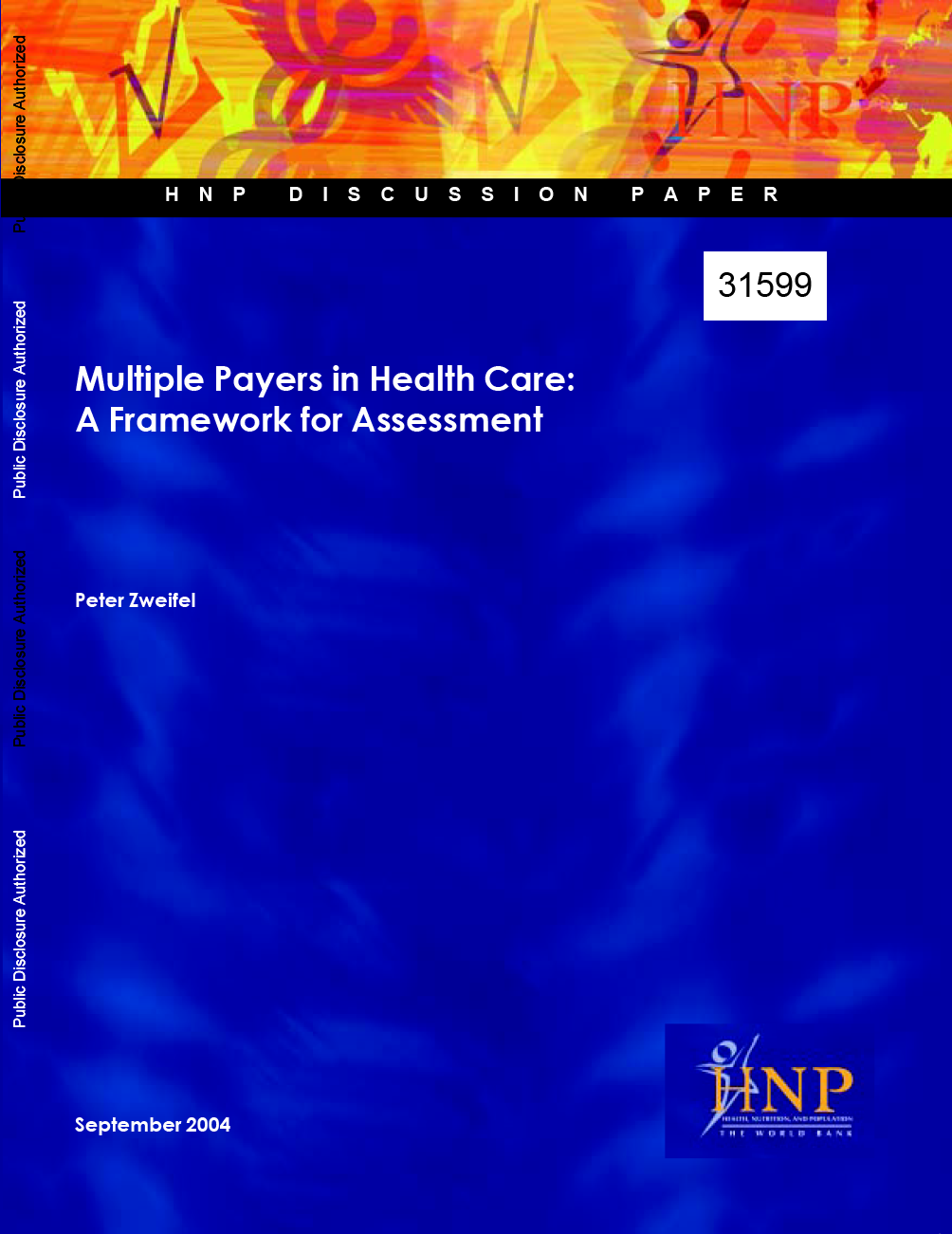
Resource Library
Multiple Payers in Health Care: A Framework for Assessment
The starting point of the debate about the pros and cons of multipayer systems is the suspicion that in many health care systems, consumers do not get sufficient value for money. This contribution argues that one cause may be a nonoptimal choice of payment systems. Optimal payment of health care providers importantly depends on the amount of information available to the (prospective) patient. If patients have full information about both the effort exerted and the effectiveness of the service provider, the conventional fee-for-service payment is optimal from their point of view. If patients cannot observe true effort exerted while providers are reasonably homogenous with respect to effectiveness, the optimal payment function consists of a fixed payment and a bonus for especially favorable outcomes in terms of health. If the patient in addition does not know whether a given health care provider effective or ineffective, a special informational rent designed to attract the unrecognized favorable type is appropriate. Now, a government is unlikely to come up with payment systems that closely conform to this conditionality, typically preferring single-payer systems that allow service providers to exercise monopsony power and thus keep health care expenditure low. Multiple-payer systems containing competitive health insurers may have an advantage in designing payment systems in a way that maintains or reinforces provider incentives to do the right thing for their patients, resulting in more value for money.
Resource Type : Tool
Country :
Year : 2004-09-01T13:45:00
Language : English
Project : SHOPS


